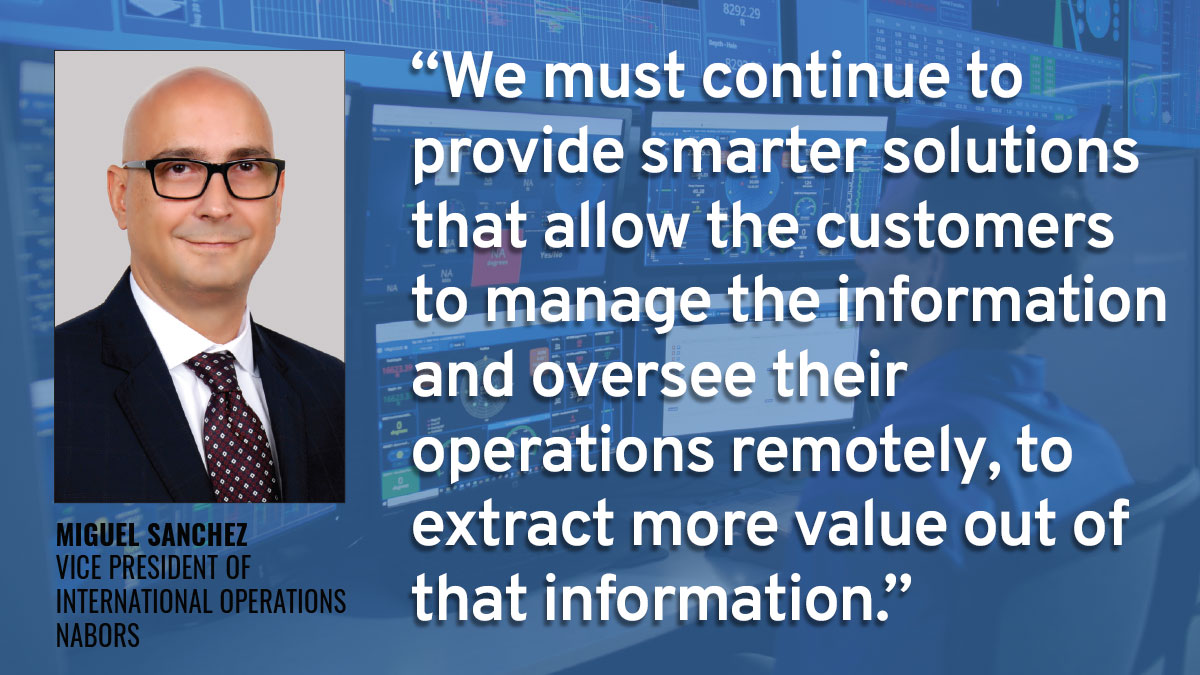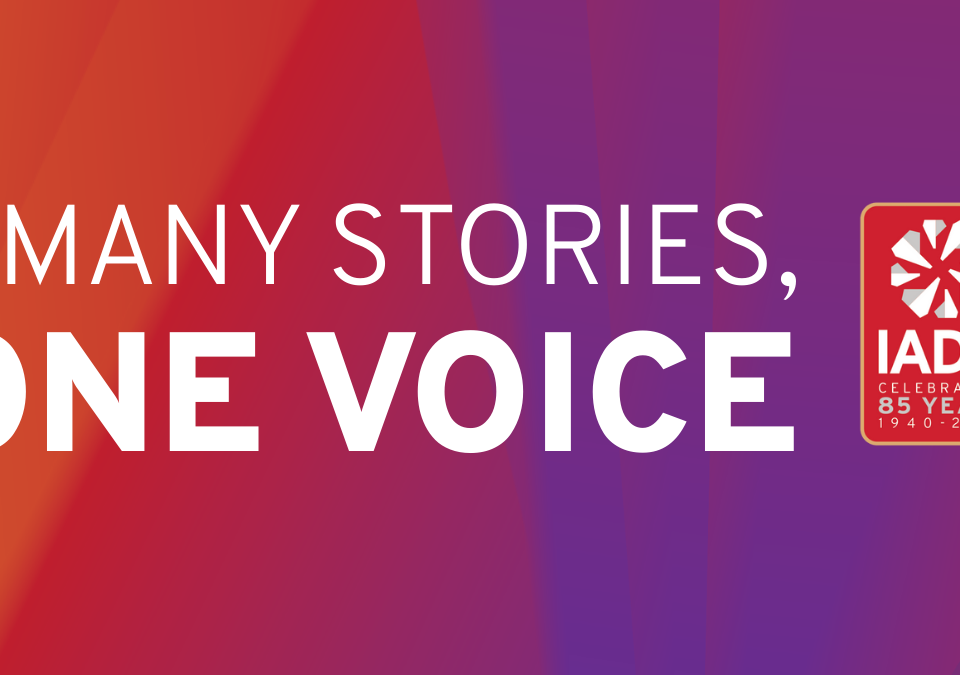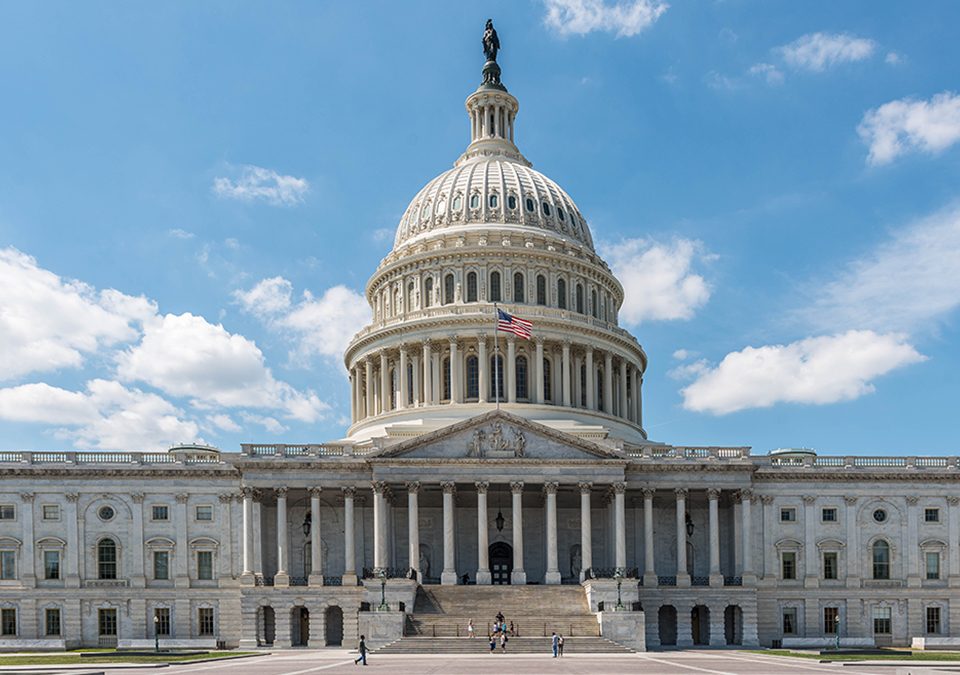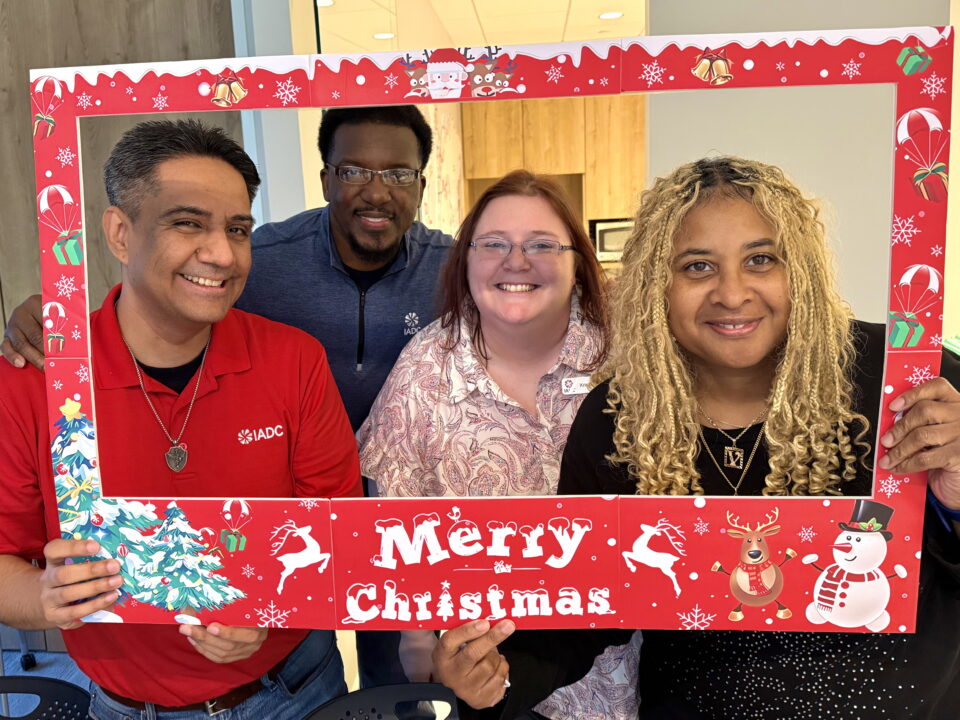In the most recently issue of Drilling Contractor Magazine, Editor & Publisher Linda Hsieh discussed the pandemic’s far-reaching effects with Nabors’s Miguel Sanchez, VP of International Operations in one of their many Critical Issues in Drilling and Completions interviews. The interview covers the adaptions of Nabors to COVID19 conditions as well as wider drilling industry trends. Since the drilling industry’s steady pace of digital innovations were hurled forward with the shock to worldwide energy demand, a lot of priorities have shifted within Sanchez’s company.
Most specifically, Sanchez cited that strategies for digitization, automation, and integration have been key to the “smart evolution” during COVID. Those digitized operational controls allow for efficient remote operations, efforts that allow for safer, more effective drilling.
Sanchez, former member of the IADC Executive Committee, understands that operational initiatives like Nabors don’t work, though, in a vacuum. Without reliable information about conditions in the field, large-scaled operational procedures are unable to be effectively implemented. That’s why initiatives like IADC’s Rig Stewardship Guidelines are foundationally important to the industry’s commitment to technological innovation. The newly drawn guidelines is a well-timed initiative by IADC’s Data, Controls and Sensors Subcommittee. A collaboration between the Advanced Rig Technology and Maintenance Committees, the guidelines are meant to support the definition of proper sensor functioning and the accuracy of data point measurement. The guidelines are currently being finalized.
Collaborations like these are reflected in Sanchez’s observation that Nabors is one company among many in the industry, finding “solutions for common problems” across the globe.
“There is a power in all companies uniting and working together to do the right thing for our employees and our industry,” he went to later say.
Hsieh also asked about innovations to the industry’s approach to calculating value, whether on the environmental or in their business models. “Our customers should not look at how much they’re paying per day because there is value outside of that dollar figure.”
The answers to those questions, Sanchez, sees, rely on collaborations across the sector, “There must be collaboration when it comes to setting that bar, and both sides have to be open and share their metrics.”
Read more Oil & Gas Critical Issues interviews from DC Magazine’s January/February 2021 edition. You can now access more oil drilling news in the digital edition.





